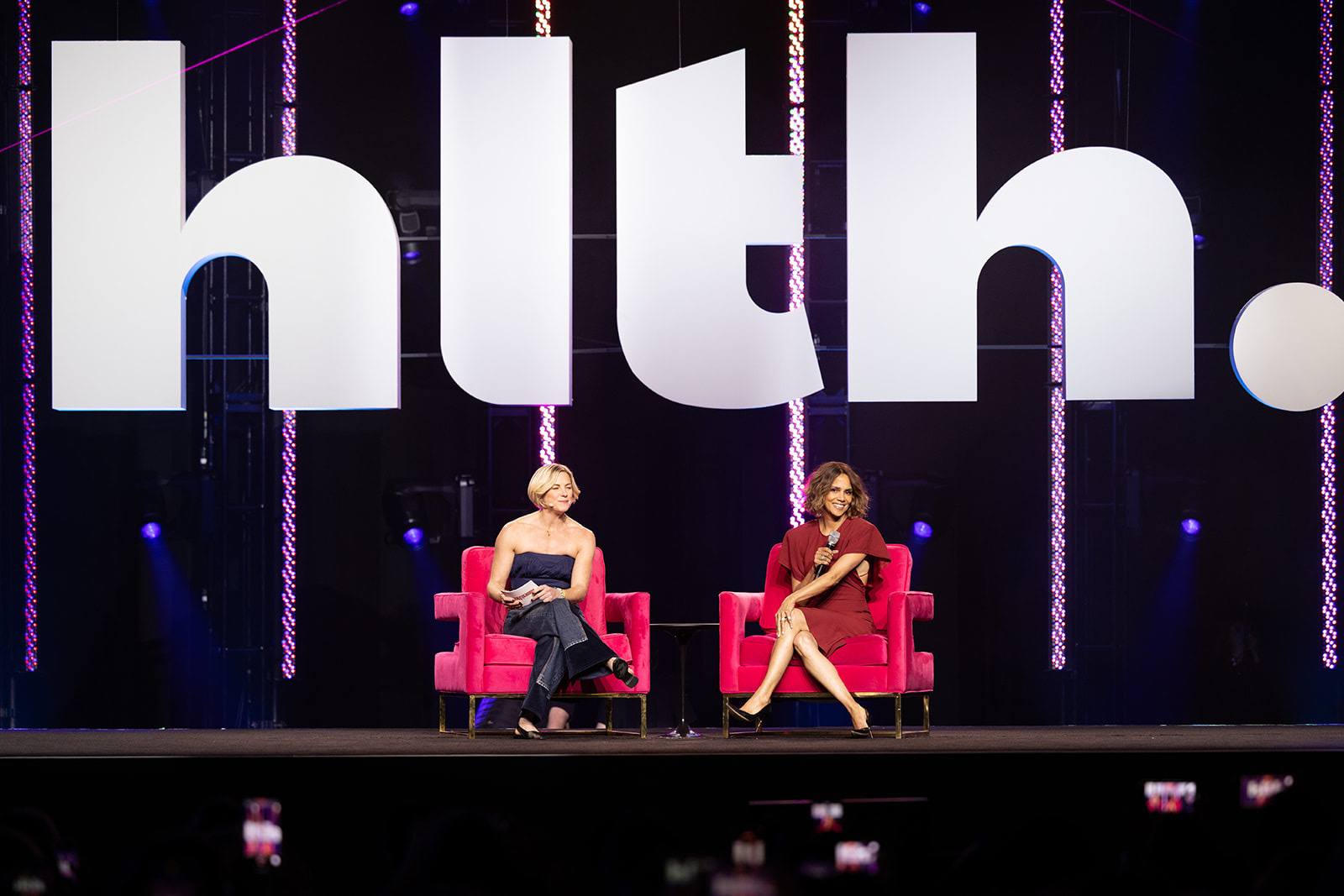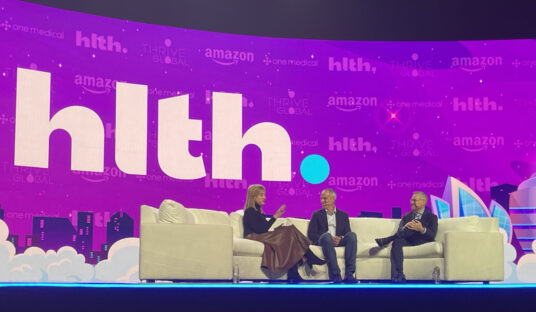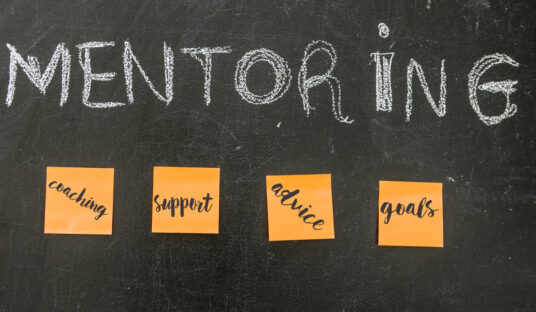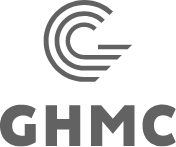Communications
HLTH 2024: Women’s Health Takes the Spotlight — With a Uterus Necklace and Condom Bag to Match

Last week, I found myself in Las Vegas for HLTH with colleague Lisa Rodriguez, and of the three times we’ve been to this conference, this year took the cake. Maybe it’s because we had our bearings and knew the ropes by now (this event has blown up to over 12,000 attendees, 400+ speakers, and nearly 1,000 sponsors), but I think it’s really because this year dialed in on a big, bold theme that is near and dear to my heart: women’s health. From menopause and longevity to urgent discussions about reproductive rights and the gender gap in medical research, women’s health stole the show—and for good reason. There was even talk that HTLH should consider spinning off an entire conference just focused on this critical issue. Sign me up for that!
Honestly, “Boldly Female” would’ve been a more accurate theme than the official “Be Bold” tagline this year. The message could not have been more explicit: women’s health has been neglected for far too long, and it is time to get serious about investing. Sunday’s standing-room-only session on the gender gap in medical research hit it home. Dr. Sophia Yen, co-founder of Pandia Health, had everyone clapping and laughing right out of the gate, especially when she pointed out that she was the only panelist rocking a uterus necklace and toting a condom bag. (Not your average conference swag!) The applause kept coming when she pushed for FDA approval of menopause treatments without co-pays or deductibles. Dr. Marlena Fejzo from Harmonia Healthcare was equally impressive, sharing how her research with 23andMe uncovered genetic risk factors for hyperemesis gravidarum—extreme nausea during pregnancy. And here’s a gem: did you know that women who use birth control patches, pills, or rings for 5+ years slash their ovarian cancer risk by 50%? Mind blown.
On Monday afternoon, Halle Berry took to the main stage with Women’s Health editor Liz Plosser to explore the critical topic of women’s longevity. Berry made waves nationwide earlier this summer when she announced, ‘I’m in menopause, ok!?!’ while advocating on Capitol Hill for a proposed $275 million in funding for menopause research and education. With 60 million women in the U.S. currently experiencing menopause, the lack of research on this life stage is staggering—especially considering the workplace impact, with an estimated $150 billion lost in productivity each year. At HLTH, Berry passionately highlighted the need for increased support and education to guide women through this transition, a mission she’s advancing through her newly rebranded company, RESPIN.
And then there was the all-too-important topic of reproductive rights, which felt especially pressing in today’s post-Roe landscape. Chelsea Clinton, along with Jennifer Klein from the White House Gender Policy Council, tackled the growing barriers to abortion access. Healthcare leaders have a big role to play in protecting reproductive rights as legal and political obstacles pile up. The gaps in research on reproductive health only make things worse, and women are paying the price with less effective treatments and poorer outcomes.
On the final morning of the conference, First Lady Dr. Jill Biden took to the stage for her keynote address. One thing had already crystallized: women’s health is finally on the national agenda. Her remarks underscored the current administration’s commitment to advancing women’s health issues, and her presence at HLTH 2024 emphasized that this is more than just a healthcare topic—it’s a national priority.
This year, HLTH left no doubt: women’s health was overdue for the spotlight—and the message couldn’t have been clearer. The future of women’s health isn’t just bold—it’s essential. And while I’m still undecided on whether Dr. Yen’s uterus necklace or her condom bag was the show-stealer, I know one thing for sure: now is the time for innovative companies in this space to tell the stories that inspire change and drive their missions forward.
Reach out to us to learn how we can bring these learnings to your team.
Perspectives

Communications
J.P. Morgan Healthcare Conference 2024: Unity and Hope Amid Industry Challenges

Communications
Attending HLTH 2024: Where Networking, Brand Boosting and Cool Collide

Communications
A Reflection on Mentoring Future Biotech Communicators

Communications
Top 5 Ways Consumer Brands Make an Impact at Medical Meetings





